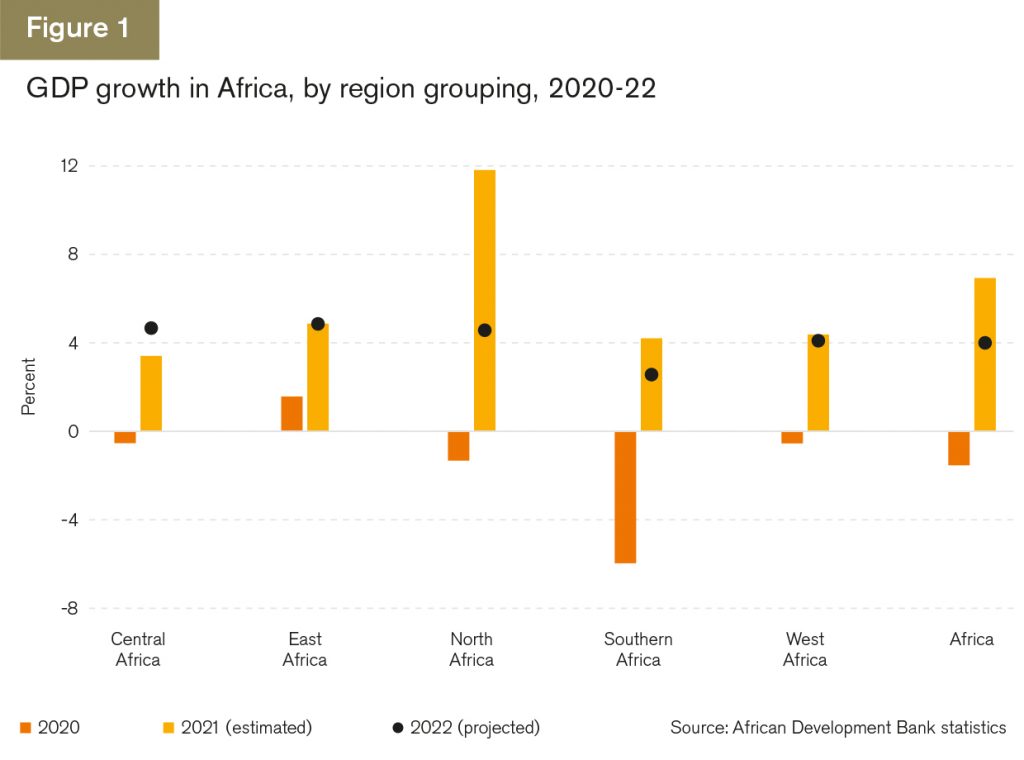Introduction
Africa, the second-largest continent, has vast potential to contribute significantly to global trade. Yet, its share of global trade remains disproportionately low. This article examines Africa’s share of global trade in 2018, providing insights into the challenges and opportunities the continent faces.

Image: safety4sea.com
Africa’s Past and Present Role in Global Trade
Africa has a long history of trade, from the ancient trans-Saharan trade routes to the colonial era. However, its modern share of global trade has been hampered by several factors, including limited infrastructure, economic instability, and political barriers. In 2018, Africa’s share of global merchandise exports stood at a mere 3%, while its share of global merchandise imports was 2.6%.
Challenges to Increasing Africa’s Trade Share
Several challenges must be addressed to increase Africa’s share of global trade. These include:
- Infrastructure Deficiencies: Inadequate roads, railways, ports, and energy supply limit the movement of goods within and beyond Africa.
- Economic Instability: Political and economic instability, combined with high levels of corruption, creates uncertainty for investors and businesses.
- Trade Barriers: High tariffs and nontariff barriers, such as import quotas and regulations, make it challenging for African goods to enter foreign markets.
- Lack of Value-Added Exports: Africa’s exports are primarily dominated by raw materials, reducing its share of value-added trade.
Opportunities for Growth
Despite the challenges, Africa has immense potential to increase its share of global trade. These opportunities include:
- Growing Population and Consumer Base: Africa’s rapidly growing population and expanding middle class create a significant consumer market for both domestic and imported goods.
- Economic Diversification: Diversifying Africa’s economies by promoting manufacturing, services, and technology sectors can increase the range of exports and reduce dependence on raw materials.
- Improved Intra-African Trade: Facilitating trade between African countries can boost intra-regional trade, reducing reliance on exports to developed countries.
- Regional Economic Integration: Joining regional economic blocs, such as the African Union, can help reduce trade barriers and promote cooperation.

Image: www.gtreview.com
Tips and Expert Advice
To increase Africa’s share of global trade, several expert tips can be followed, including:
- Invest in Infrastructure: Enhance transportation, communication, and energy infrastructure to facilitate the seamless movement of goods.
- Promote Economic Stability: Create a favorable investment climate by reducing corruption, improving governance, and stabilizing economies.
- Reduce Trade Barriers: Work with international partners to reduce tariffs and nontariff barriers that hinder African exports.
- Support Value-Added Production: Encourage investment in value-added industries that process raw materials into finished products for export.
FAQ
Q: Why is Africa’s share of global trade so low?
A: Africa faces challenges such as infrastructure deficiencies, economic instability, trade barriers, and a lack of value-added exports.
Q: What are the potential opportunities for Africa to increase its trade share?
A: Opportunities include a growing population, economic diversification, improved intra-African trade, and regional economic integration.
Q: What can be done to boost Africa’s global trade share?
A: Invest in infrastructure, promote economic stability, reduce trade barriers, and support value-added production.
Africa’S Share Of Global Trade 2018
Conclusion
Africa’s share of global trade has the potential to increase significantly. By addressing challenges and leveraging opportunities, the continent can unlock its vast trade potential, promote economic growth, and improve the well-being of its citizens. The future of global trade depends on unlocking the potential of Africa’s share.
Are you interested in learning more about Africa’s role in global trade? Share your thoughts and insights in the comments section below.






